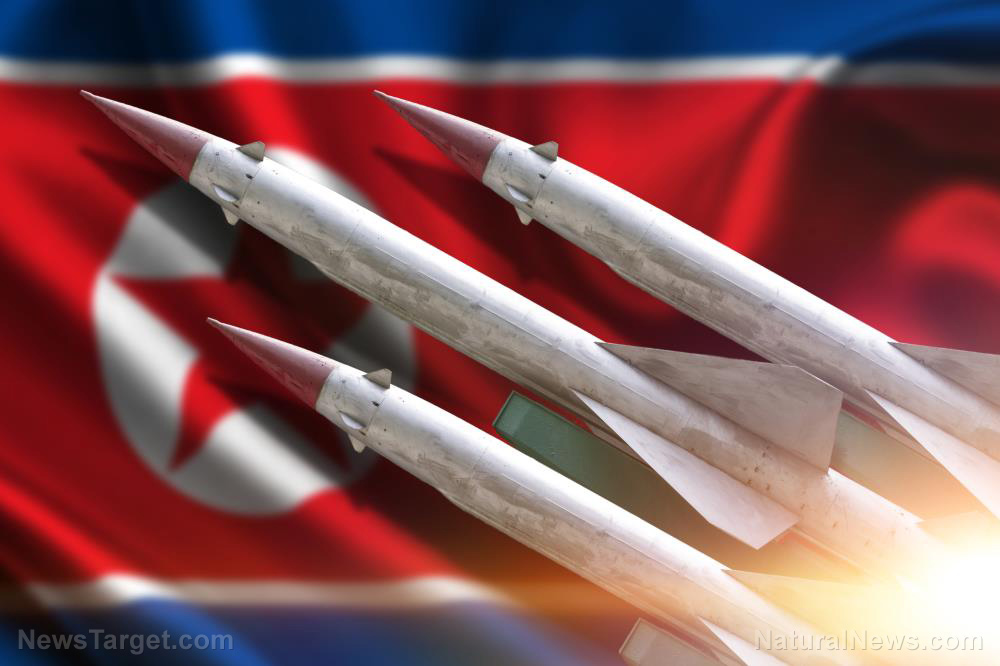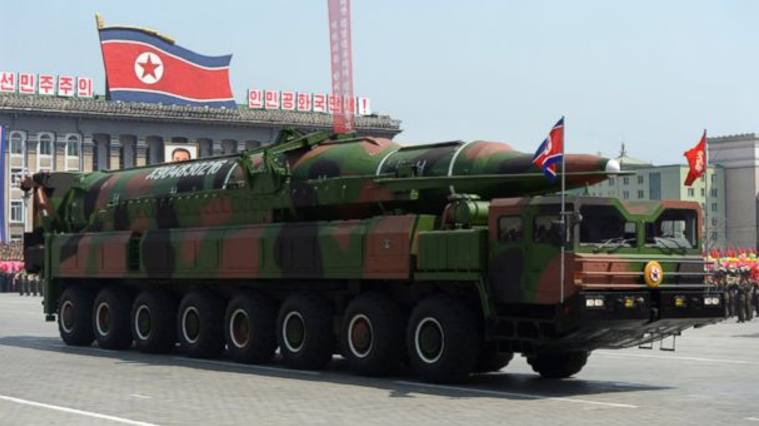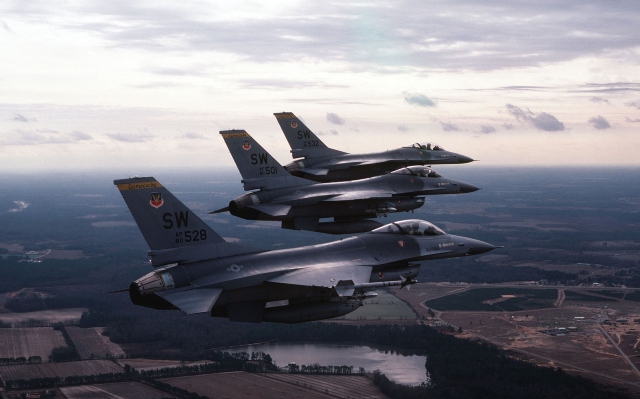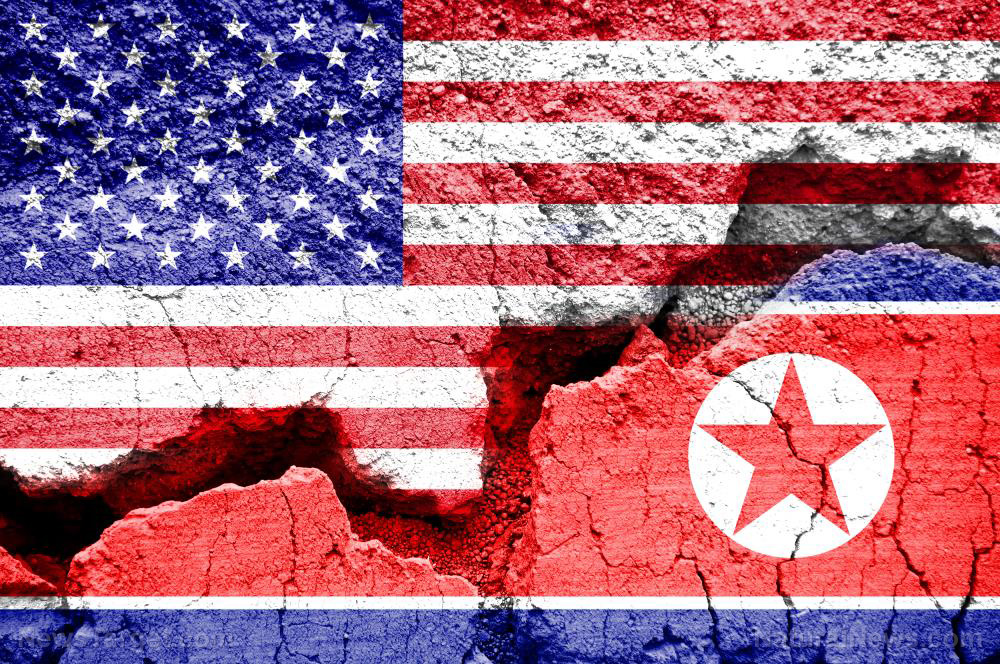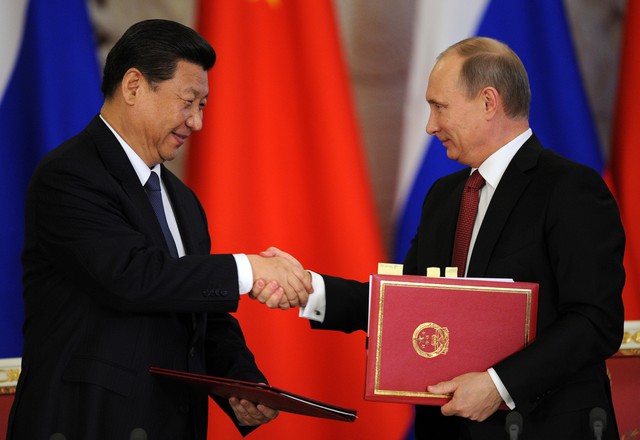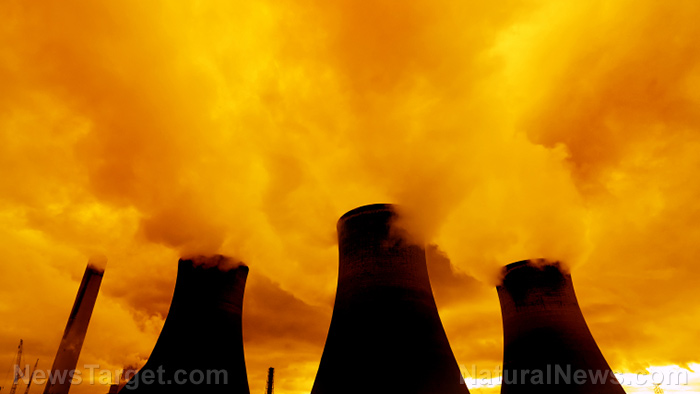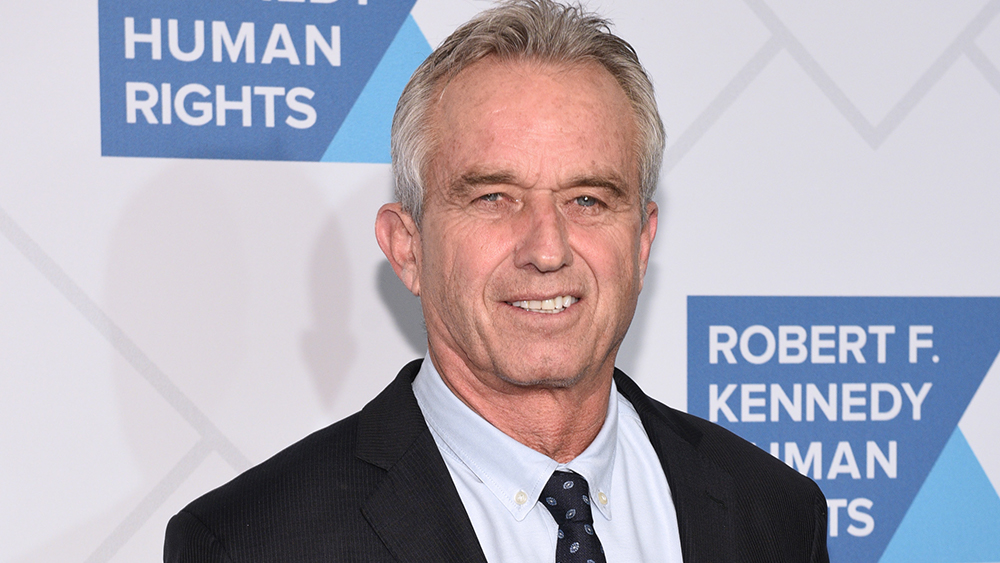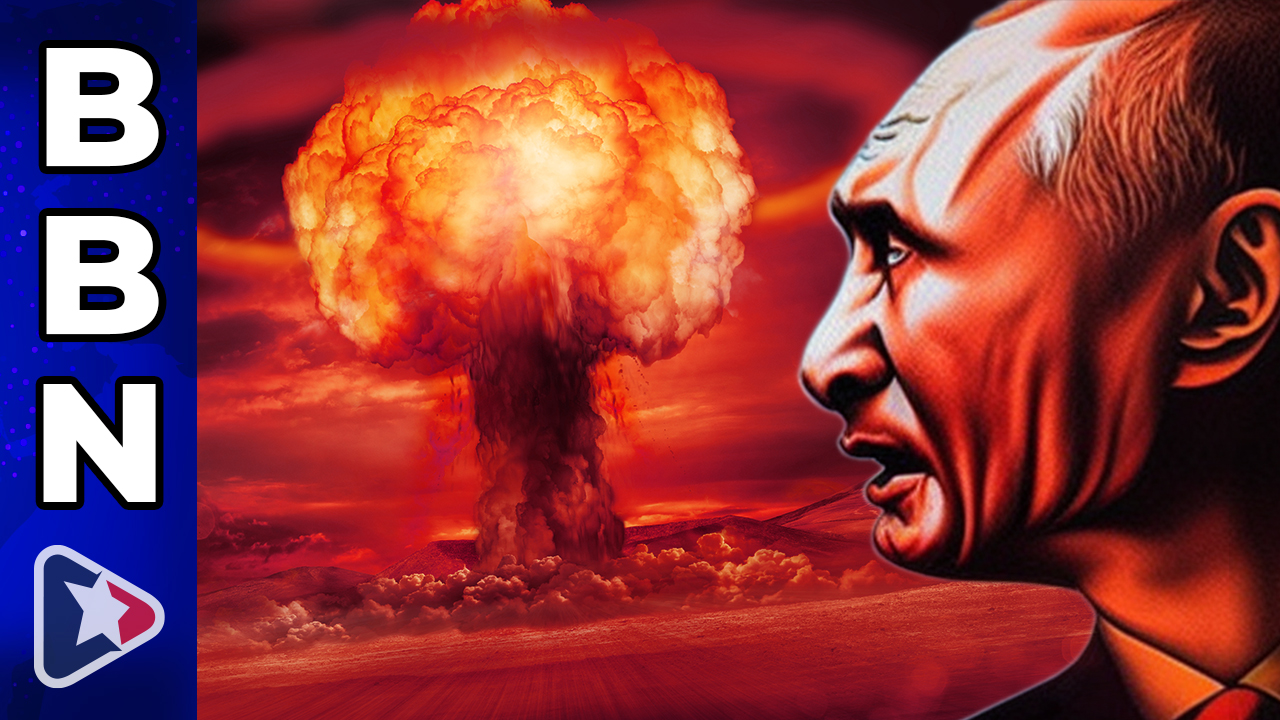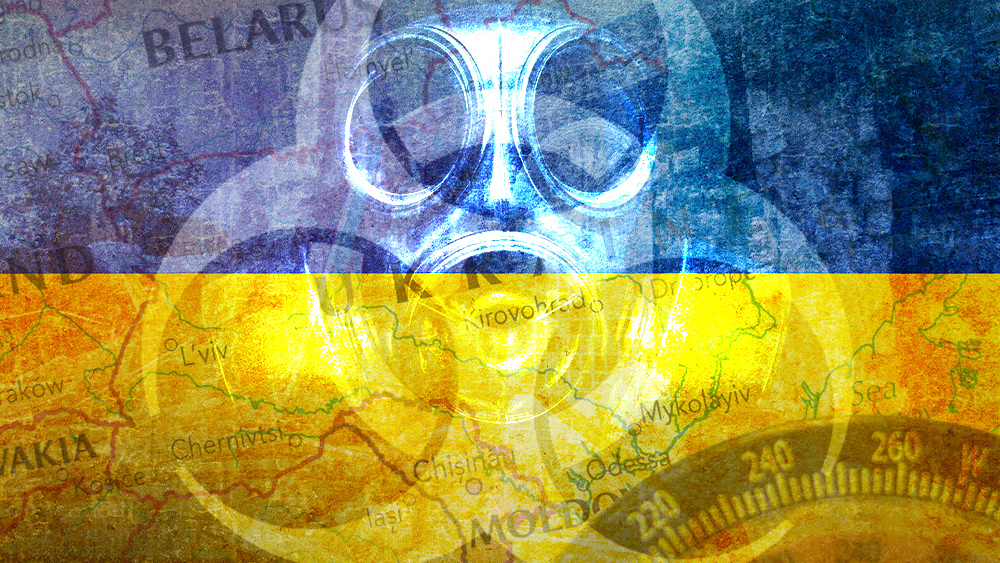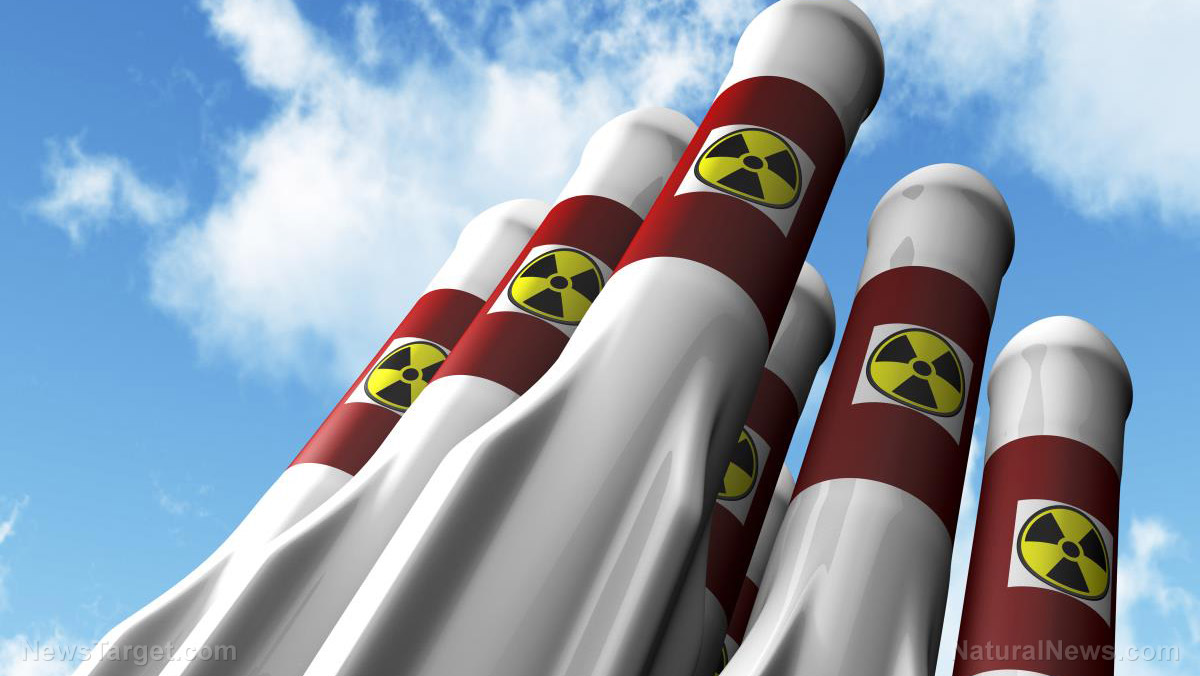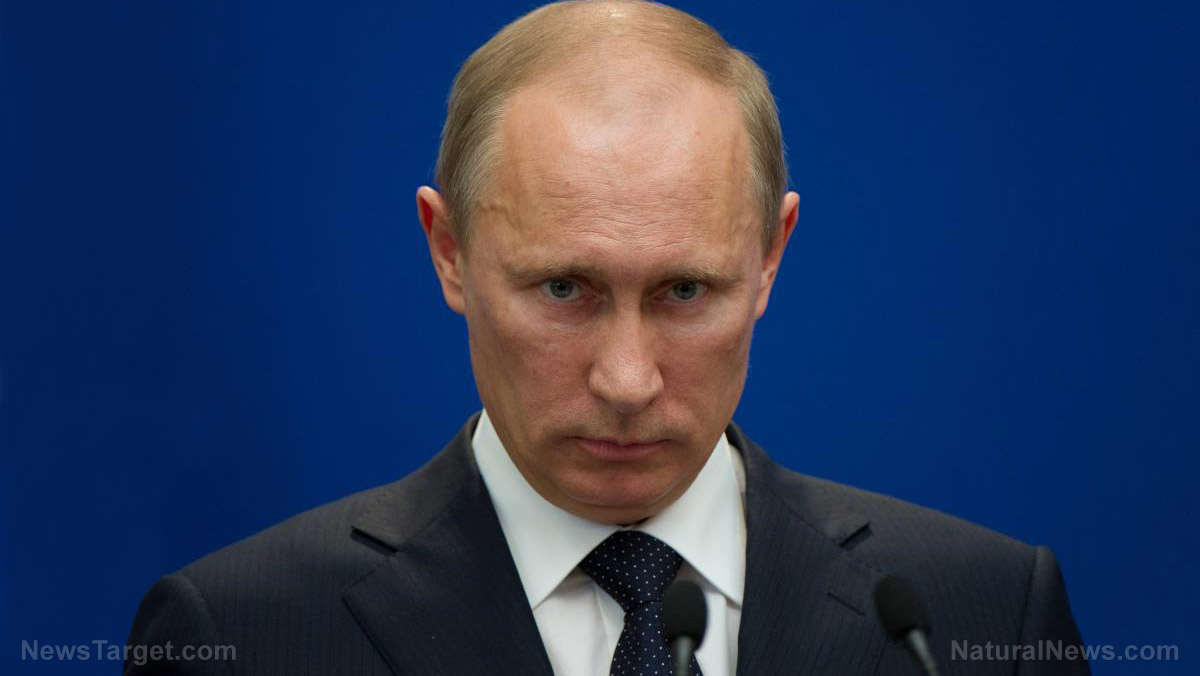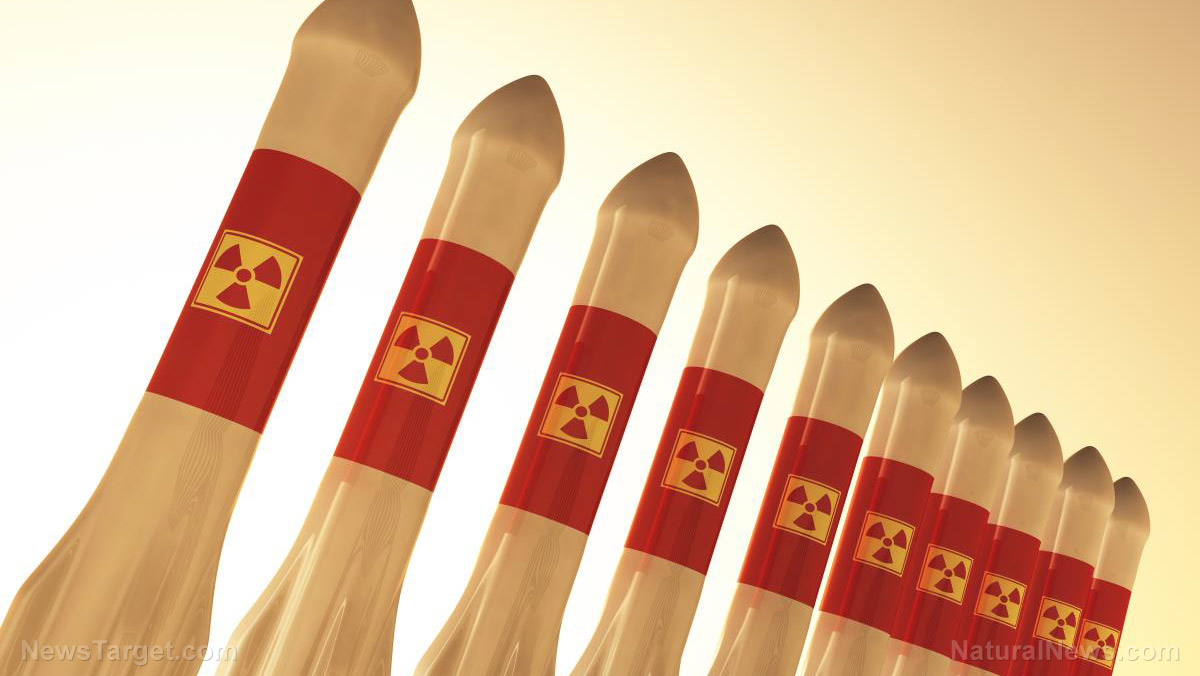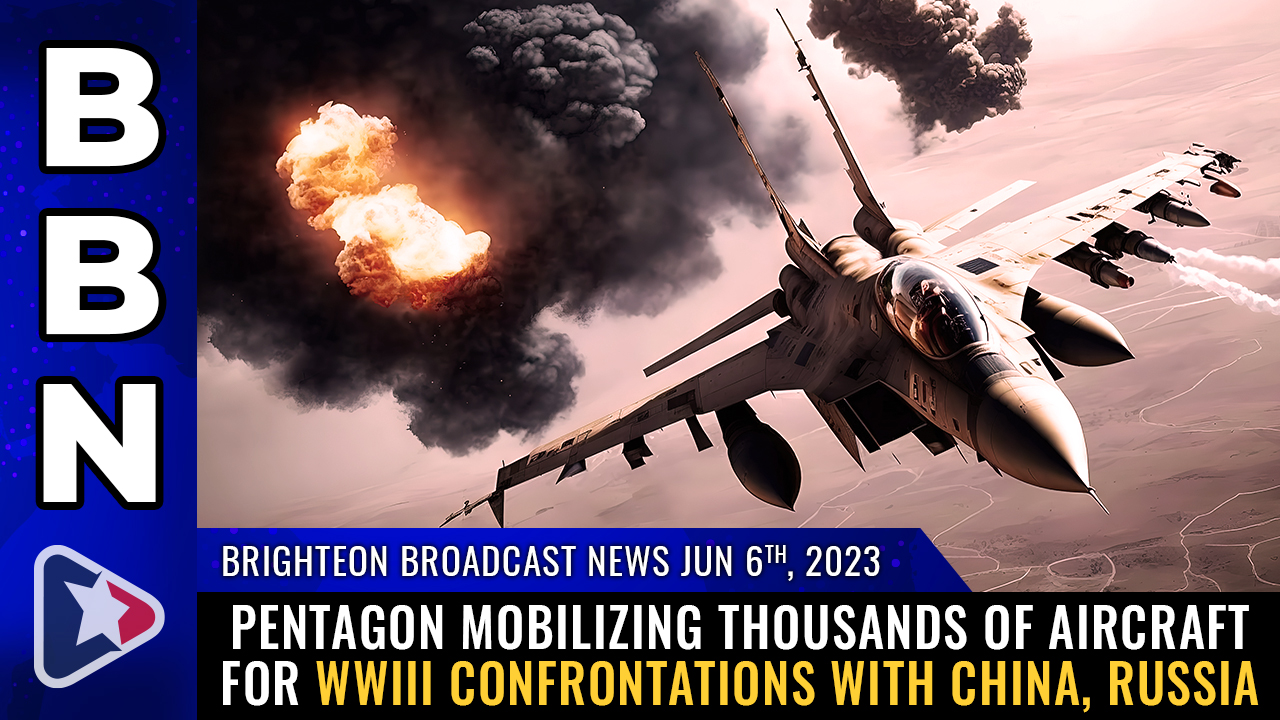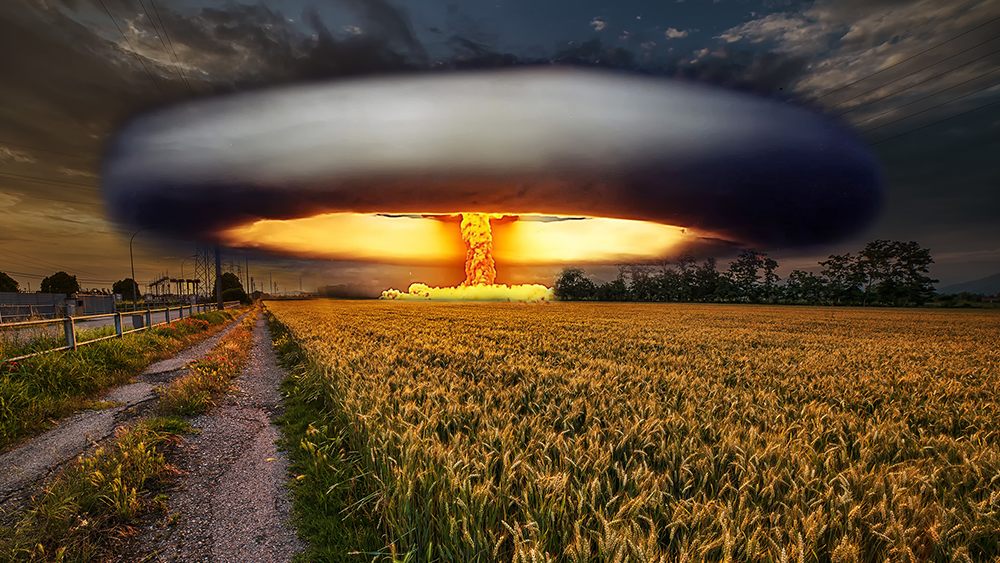Panic-stricken Russians share videos, pictures of massive “NUCLEAR MUSHROOM” on social media
08/08/2023 / By Belle Carter
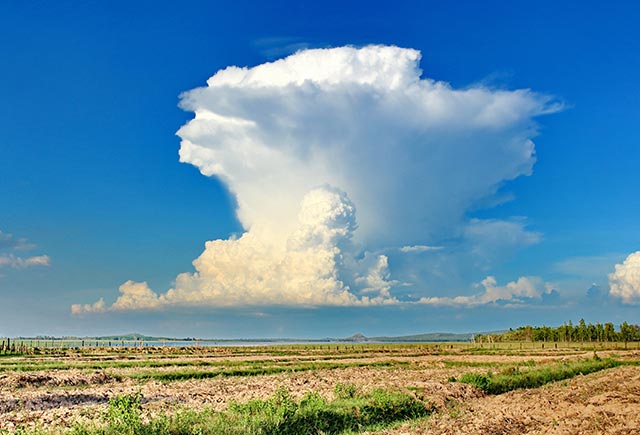
Residents in Kazan, Russia’s fifth-largest city, had a major scare on August 2 when they saw an eerie-shaped cloud formation in the sky that looked like a nuclear explosion. They turned to social media to share pictures and videos of the phenomenon.
Local news outlet Vechernyaya Kazan later clarified that the cloud that resembled a “nuclear mushroom” was actually a meteorological occurrence called a “cumulonimbus” or “anvil” cloud, a dense, vertical cloud containing a thunderstorm. It is formed from warm, moist and unstable air that rises and overturns upward, causing the cloud top to flatten and spread into an anvil or a mushroom shape.
According to the National Aeronautics and Space Administration (NASA), this type of cloud is more likely to form in tropical latitudes year-round and during the summer season at higher latitudes. A representative from the Republic of Tatarstan’s Ministry of Ecology and Natural Resources also sought to ease the fears of the people, as per the state-run news agency RIA Novosti.
“Warm air is lighter than cold air. Its rise into the middle layers of the atmosphere can be seen in the form of a mushroom cloud. This atmospheric phenomenon is called an inversion, or an anvil cloud. This is a special type of cumulonimbus cloud that rises to a height of about 12 to 15 kilometers [7.4 to 9.3 miles], and then begins to blur,” the spokesperson said.
Civilians are on their toes due to continuing nuclear threats
This type of phenomenon does not normally bring fear to people. However, tensions are already at a high in the Eurasian country amid Russia’s special military operation in Ukraine. For months, Russian President Vladimir Putin has threatened the use of nuclear weapons if Kyiv would not stop in its counteroffensive measures. He claimed to be more than ready to use them to defend Russian territory.
“If the territorial integrity of our country is threatened, we will without doubt use all available means to protect Russia and our people – this is not a bluff,” Putin said in September 2022. (Related: US to train Ukrainians to fly nuclear-capable F-16s despite warnings that Russia will see this as a NUCLEAR THREAT.)
One year after the start of the Russian-Ukraine conflict, Putin said he could dismantle the architecture of nuclear arms control unless the West backs off in Ukraine. He added that the conflict had been forced on Russia, particularly by NATO’s eastward expansion since the Cold War.
“They intend to transform a local conflict into a phase of global confrontation,” he said. “This is exactly how we understand it all and we will react accordingly because in this case, we are talking about the existence of our country.”
Meanwhile, Newsweek reported that there have been growing fears that Russia may issue fresh nuclear threats if Ukraine attempts to recapture Crimea, the Black Sea peninsula that Putin annexed in 2014. Russia said on August 4 that it had thwarted Ukrainian sea and air drone attacks on a naval base in the Black Sea and the Crimean peninsula.
“Tonight, the Armed Forces of Ukraine, with the use of two unmanned sea boats, attempted an attack on the Novorossiysk naval base of the Russian Armed Forces,” the Defense Ministry said on the Telegram messaging app. Many fear the retaking of Crimea by the Ukrainians could trigger Putin to use his country’s nuclear capabilities to defend the territory.
Follow NuclearWeapons.news for more stories about Russia’s imminent use of nuclear arms against Ukraine.
Watch the video below that talks about how an attack by Ukrainian troops at the Zaporizhzhia Nuclear Power Plant can trigger a nuclear war.
This video is from the High Hopes channel on Brighteon.com.
More related stories:
Report: Xi warned Putin against launching NUCLEAR ATTACK on Ukraine.
Russia is planning a NUCLEAR ATTACK at Zaporizhzhia power plant, Zelensky claims.
Sources include:
Submit a correction >>
Tagged Under:
big government, chaos, climate, conspiracy, Crimea, cumulonimbus, environment, Kazan, military technology, national security, NATO, nuclear, nuclear explosion, nuclear mushroom, nuclear war, nuclear weapons, Putin, Russia, Russia-Ukraine war, Ukraine, weapons technology, World War III
This article may contain statements that reflect the opinion of the author

